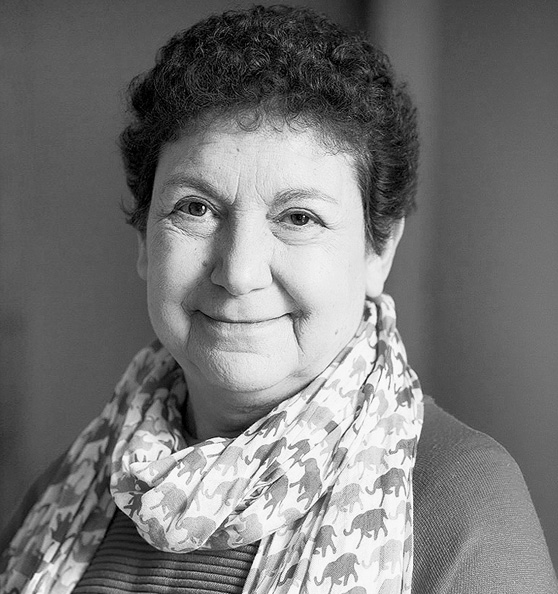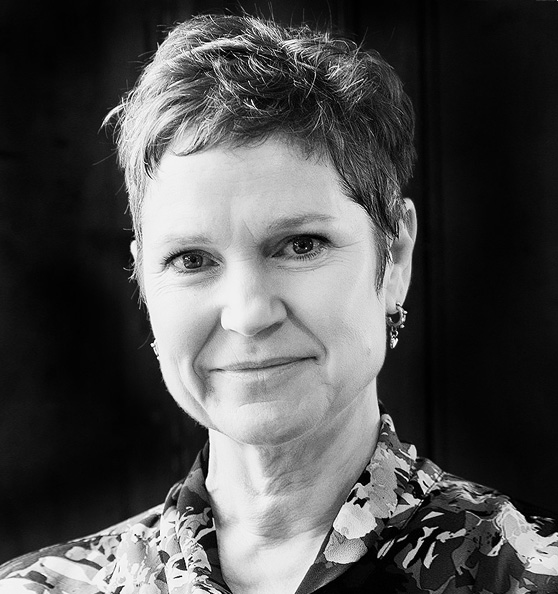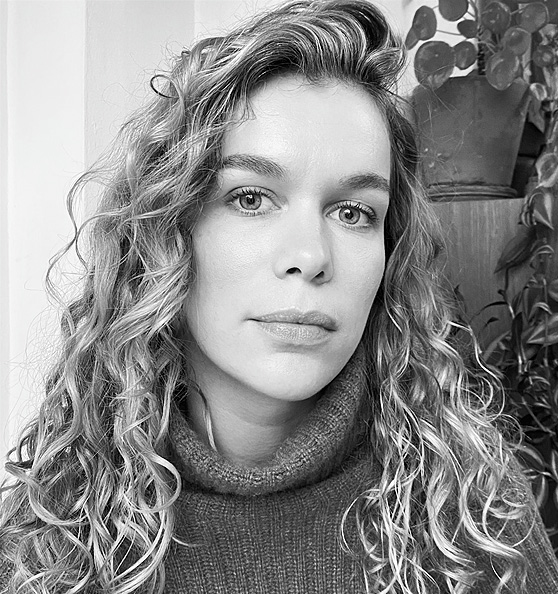What is Transpersonal Psychotherapy?: Growing out of Carl Jung’s idea of the ‘collective unconscious’, Transpersonal Psychotherapy (also referred to as ‘Transpersonal Psychology’ or ‘Transpersonal Therapy’) addresses the individual as part of a spiritual whole, and focuses on the aspirational nature of the human psyche. You are encouraged within this belief system to see your inner capabilities and view yourself as capable of reaching a transformative state.
Transpersonal Psychology is a humanistic approach to therapy and can be viewed as an umbrella term for forms of therapy which emphasise the importance of the spirituality of human beings, or refer specifically to an holistic form of therapy which addresses your whole being, focusing on the health, wellbeing – and healing – of your spirit.
How does Transpersonal Psychotherapy work?: A Transpersonal therapist might use a variety of techniques including visualisation, meditation, hypnotherapy, dreamwork, mindfulness, art and music to help you explore your spiritual self. If you are seeking meaning in your life, or feel like you are lacking a spiritual path, transpersonal therapy might be for you.
Psychotherapist, teacher and author Jeffrey Sumber was quoted as saying that “Transpersonal Psychology is an approach to understanding the way our minds operate through our relationships with others, resting in the belief that there is something bigger and deeper in the space between which operates upon us.”






















